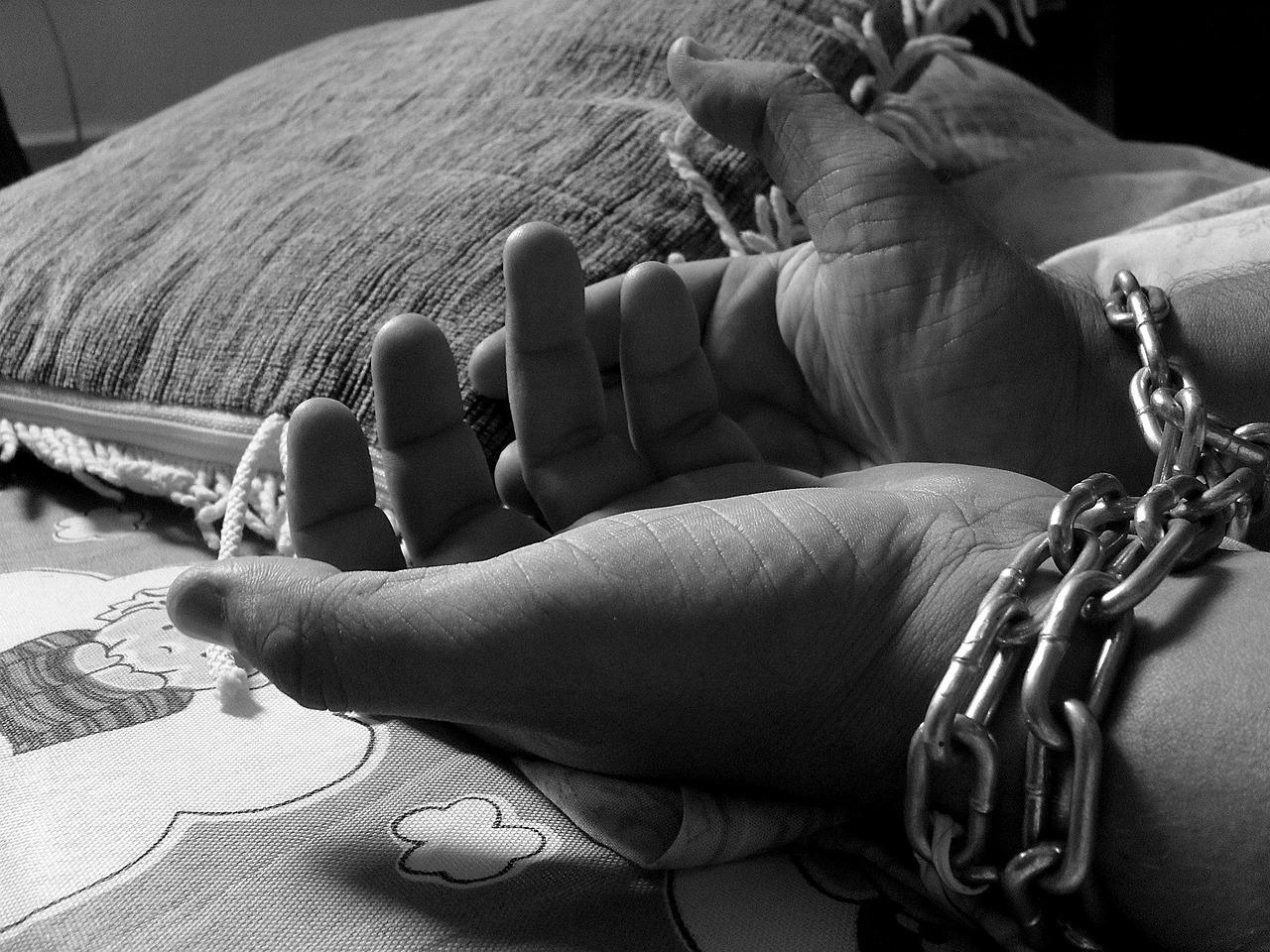YAOUNDÉ, Cameroon – Representatives from churches, frontline responders, regional authorities, and civil society in Southern Africa are emphasizing the critical need for regional cooperation to combat human trafficking.
This consensus emerged from a gathering held at the Padre Pio Retreat Centre in Pretoria from June 16 to 20.
The event – organized by the Southern African Catholic Bishops’ Conference (SACBC) Office for Migrants, Refugees, and Human Trafficking – was co-hosted by the International Organization for Migration (IOM) and Talitha Kum Africa.
The gravity of the issue is underscored by global statistics. The IOM reports that approximately 40.3 million people were trafficked worldwide in 2017, with an estimated 25 percent of all trafficking crimes occurring in Africa.
A joint 2022 report by the IOM, the International Labor Organization (ILO), and Walk Free Foundation estimated that 50 million people were victims of modern slavery in 2021. This figure breaks down to about 27.6 million in forced labor and 22 million in forced marriages.
Children are disproportionately affected, particularly in Sub-Saharan Africa. The human trafficking trade generates an estimated $150 billion annually. Reports indicate that the rate of child victims per 100,000 people surged by 43 percent between 2019 and 2020.
Furthermore, the Counter Trafficking Data Collaborative (CTDC) dataset recorded nearly 2,000 children trafficked across East, The Horn, and Southern Africa between 2002 and 2022.
These victims were exploited not only for economic reasons but also for sexual exploitation (47 percent), forced labor (35 percent), and other forms of exploitation (18 percent).
While precise figures on people-trafficking are often difficult to obtain on a country-by-country basis, experts note that Southern Africa’s migratory routes serve as major corridors.
Thousands of young men, including boys, traverse these paths, frequently crossing as many as five countries in search of education, family reunification, or employment.Unfortunately, these journeys expose them to extreme physical hardships and make them targets for abuse, exploitation, and violence, including human trafficking.
In response to this grim reality, the Catholic Church is leading efforts in the region. The goal extends beyond merely rescuing victims to finding ways to stem the practice entirely.
Fitriana Nur, Regional Protection Specialist at the International Organization for Migration (IOM), explained how traffickers exploit these migration routes and prey on the vulnerability of desperate people looking for a better life.
“The root causes are complex—economic desperation, conflict, lack of legal migration pathways—but the method is always the same: deception, coercion, and control,” she explained.
“Together, we’re not just raising awareness—we’re equipping communities to save lives and stand against exploitation,” Nur told participants from across Southern African countries, including Eswatini and South Africa.
Discussions centered on the intersection of migration and trafficking, gender-based violence, poverty, and exploitation.
Nur emphasized the need for a coordinated regional response.
“Because this crime typically cuts across borders, the response also needs to transcend borders,” she stated.
“We need governments, churches, humanitarian actors, and communities to work in unison. That’s the only way to identify, protect, and empower victims while also disrupting the networks that exploit them,” she said.
Talitha Kum — an international network of consecrated religious life dedicated to combating human trafficking — and the Southern Africa Bishops’ Conference brought a vital faith-based perspective, explaining that the Church’s involvement extends beyond moral imperatives to provide practical solutions for addressing the scourge. This approach resonated strongly with attendees.
“For the first time, I saw a religious institution not just supporting from the sidelines, but initiating deep and strategic conversations on trafficking,” said Manisha Ramnarain of the Tshwane Leadership Foundation, a Church-based organization committed to socially inclusive urban transformation.
“This opened up new partnerships and networks—especially with the nuns and diocesan structures—which we can now integrate into our grassroots work,” she said.
She emphasized that the gathering was “catalytic, not just informative,” noting that participants now have a clearer understanding of “how to better identify victims, how to care for them over the long term, and how to respond in ways that are trauma-informed and community-driven.”
Highlighting the specific vulnerability of youth, Sevenzile Vilakati of the Ubuntu Culture Organisation and an Eswatini Red Cross representative stressed the need for young people to be part of the solution, given their frequent exposure to online trafficking platforms.
“Online grooming is real, and our youth need to know how to protect themselves,” she said. “But that can only happen if the entire community gets involved—from parents to pastors to police,” said Vilakati.
Participants also addressed the tendency to treat human trafficking solely in terms of numbers, often lacking empathy for the victims—an issue they deliberately highlighted. Adhila Ochueng, a data officer at the International Organization for Migration, recognized this focus on empathy as a critical addition to her perspective and approach.
“As someone who works with data every day, it’s easy to get caught up in numbers. But this training reminded me that behind every data point is a person—often someone in danger, often someone invisible,” she said.
“It’s not just about identifying victims—it’s about understanding the systems that keep them invisible. This is why collaboration across sectors and borders is so important. Civil society, government, police, and the Church must learn from one another, not blame each other,” she continued.
Participants committed to take a concerted approach to tackling the problem, with Fitriana Nur notably explaining that “when faith groups, humanitarians, and governments come together, we send a message: Southern Africa will not be a safe zone for traffickers. It will be a region of protection, compassion, and justice.”













